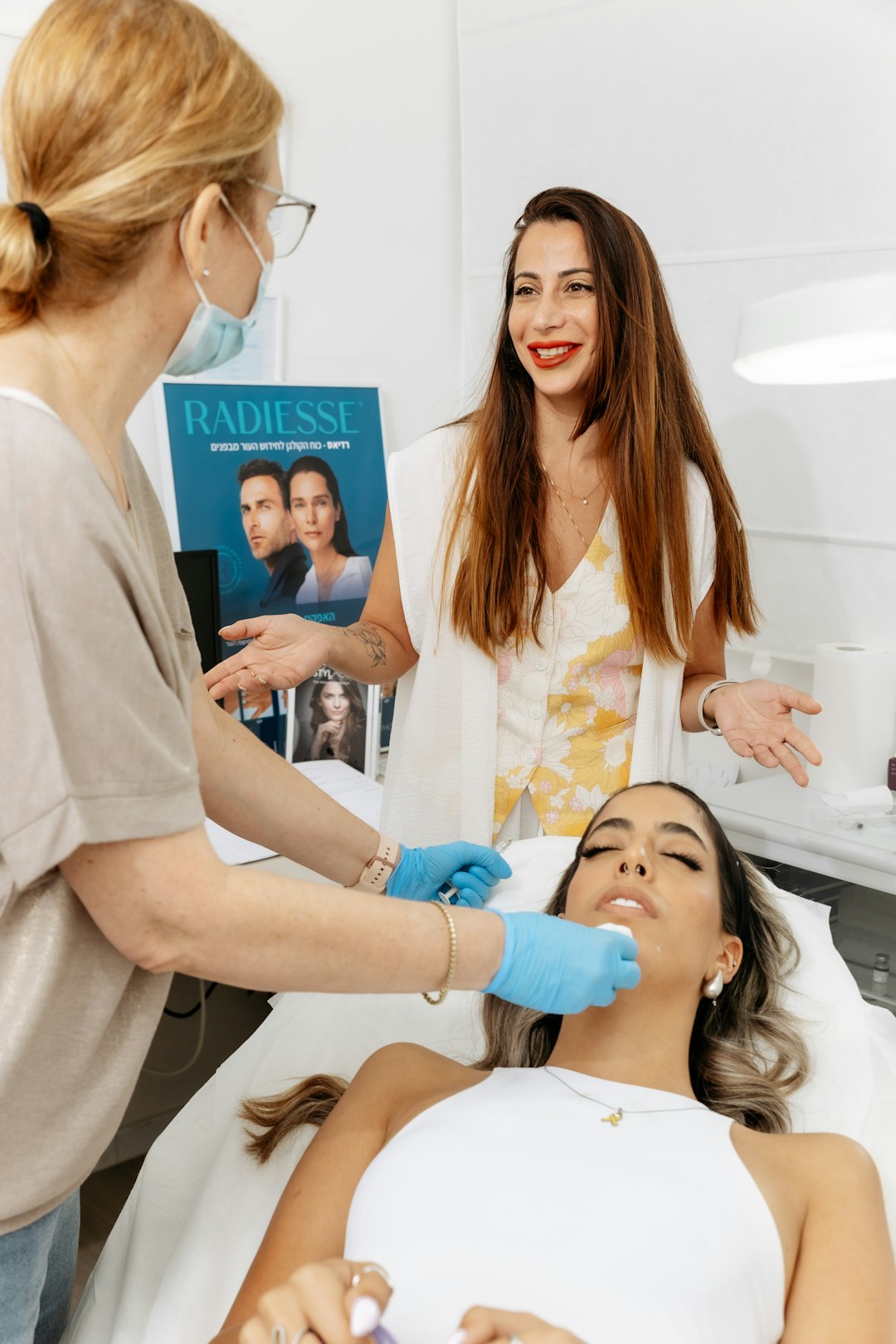The Science of Anti-Aging: Ingredients to Look For
As our understanding of the aging process continues to evolve, so does the field of skincare. Gone are the days when people would rely solely on creams and lotions that promised to turn back the clock. Today, the emphasis is on finding skincare products that contain scientifically proven, effective ingredients that can truly make a difference in combating the signs of aging.
So, what are some of these powerful ingredients that you should look for in your anti-aging products? Let’s take a closer look at the science behind them.
Retinol – The Gold Standard
Retinol, a form of vitamin A, has long been considered the gold standard ingredient when it comes to anti-aging. It is a proven powerhouse that can help stimulate collagen production, reduce fine lines and wrinkles, improve skin texture, and even out skin tone. Retinol works by speeding up cell turnover, which leads to fresher, younger-looking skin.
Vitamin C – The Brightener
Vitamin C is another extremely important ingredient to look for in your anti-aging products. It is a potent antioxidant that can protect the skin from free radicals, which are responsible for damaging collagen and causing wrinkles and sagging skin. Vitamin C also helps to brighten the skin, fade dark spots, and even out skin tone.
Hyaluronic Acid – The Plumper
Hyaluronic acid is a naturally occurring substance in our bodies that helps to keep our skin plump and hydrated. However, as we age, the level of hyaluronic acid decreases, resulting in dryness, fine lines, and a loss of firmness. Including hyaluronic acid in your skincare routine can help replenish the skin’s moisture levels and give it a plumper, more youthful appearance.
Peptides – The Rejuvenators
Peptides are small chains of amino acids that play a crucial role in maintaining the structural integrity of our skin. They help to stimulate collagen production, reduce the appearance of wrinkles, and improve skin elasticity. Peptides can also aid in wound healing and have antioxidant properties that protect the skin from damage caused by free radicals.
Niacinamide – The Protector
Niacinamide, also known as vitamin B3, is a multitasking ingredient that offers numerous benefits for the skin. It helps to improve skin barrier function, prevent water loss, and regulate oil production, making it an excellent choice for those with oily or acne-prone skin. Niacinamide also has anti-inflammatory properties and can help reduce redness and soothe irritated skin.
Glycolic Acid – The Exfoliator
Glycolic acid is an alpha hydroxy acid (AHA) that exfoliates the skin and helps to remove dead skin cells, revealing a brighter, smoother complexion. It also stimulates collagen production, reduces the appearance of fine lines and wrinkles, and improves skin texture. Regular use of glycolic acid can help fade dark spots and acne scars, making it an excellent choice for those struggling with hyperpigmentation.
These are just a few of the scientifically proven ingredients that can make a real difference in combating the signs of aging. However, it’s important to note that skincare is not a one-size-fits-all solution. Different individuals may have different skin concerns and sensitivities. Consulting with a dermatologist or skincare professional can help you determine which ingredients and products are best suited for your specific needs.
In conclusion, the science of anti-aging skincare has come a long way, and we now have a better understanding of the ingredients that can truly make a difference. Retinol, vitamin C, hyaluronic acid, peptides, niacinamide, and glycolic acid are just a few of the key ingredients to look for in your anti-aging products. By incorporating these powerful ingredients into your skincare routine, you can achieve healthier, more youthful-looking skin.








